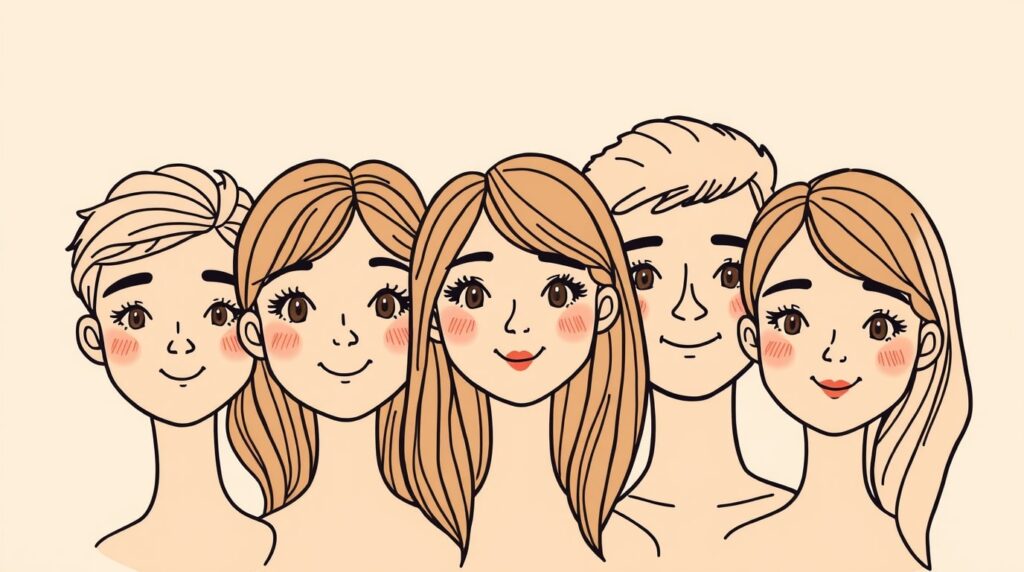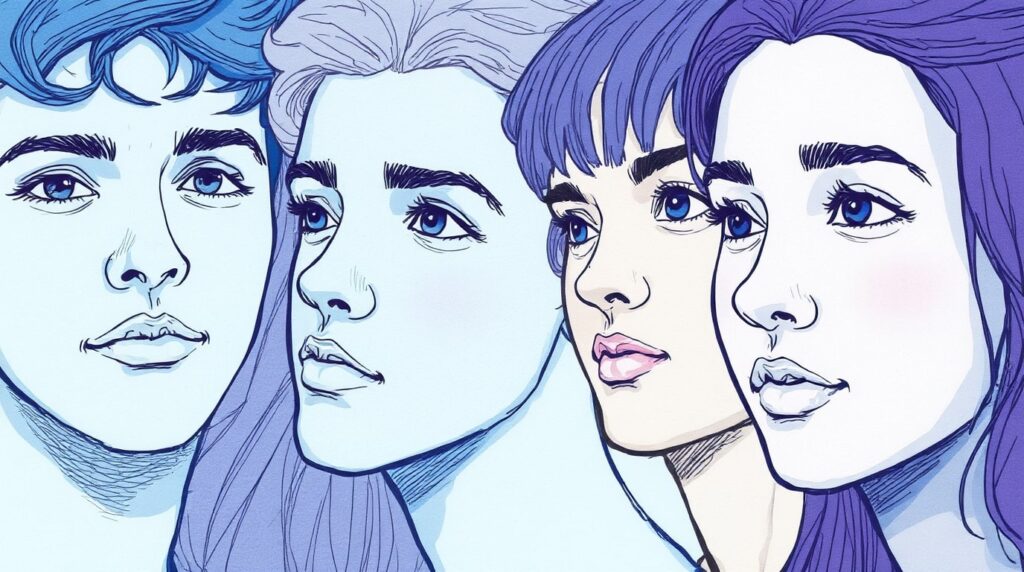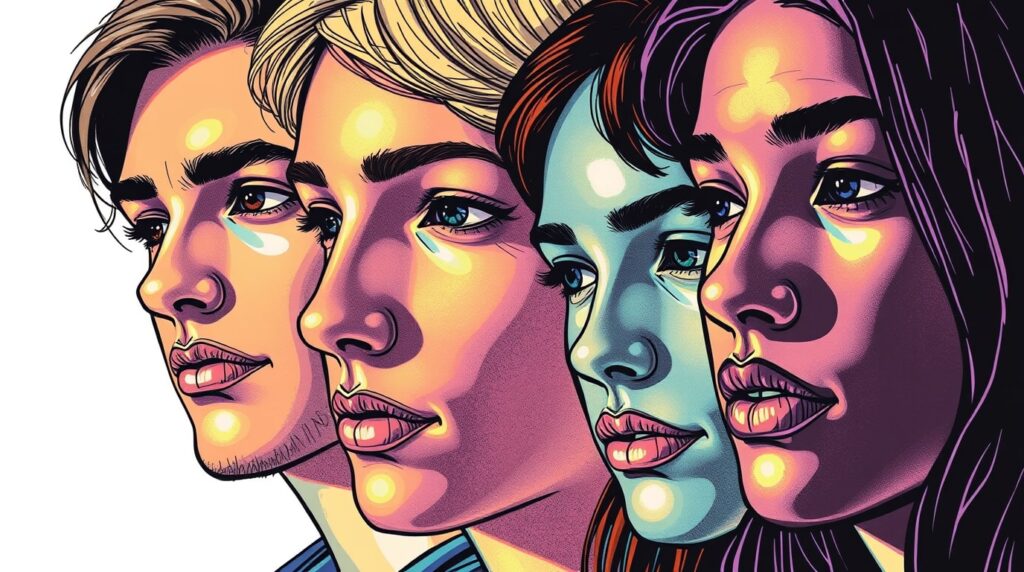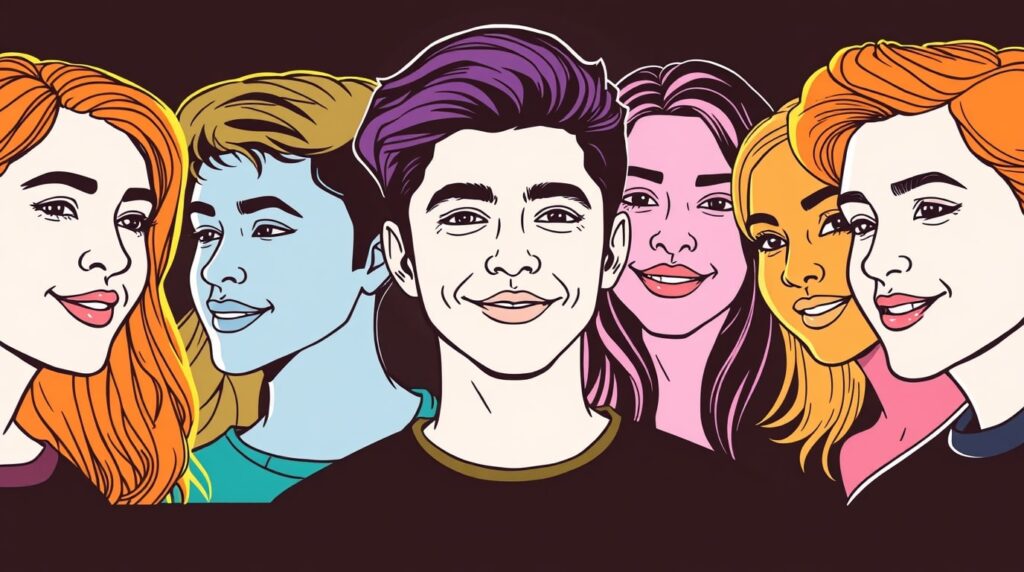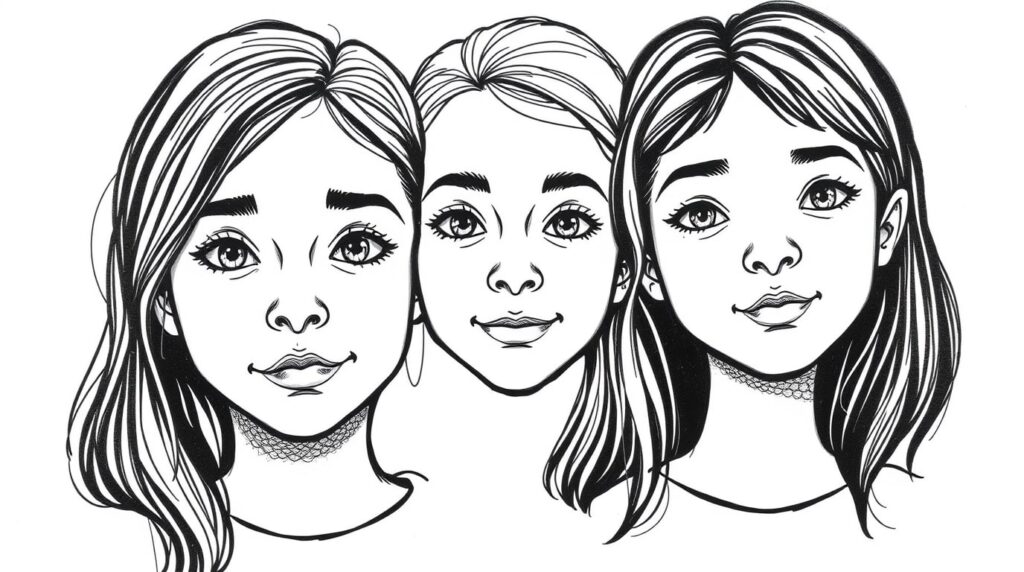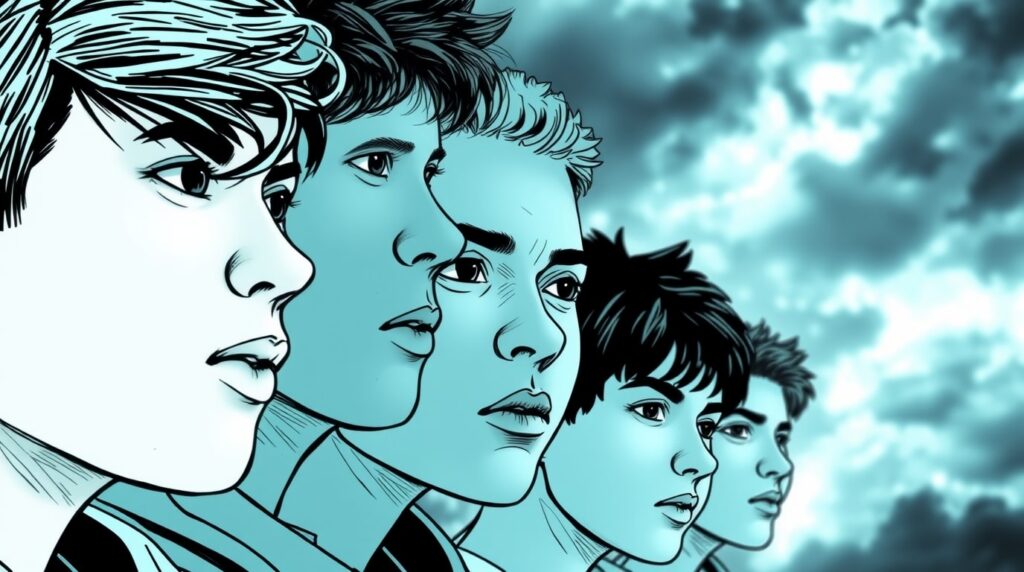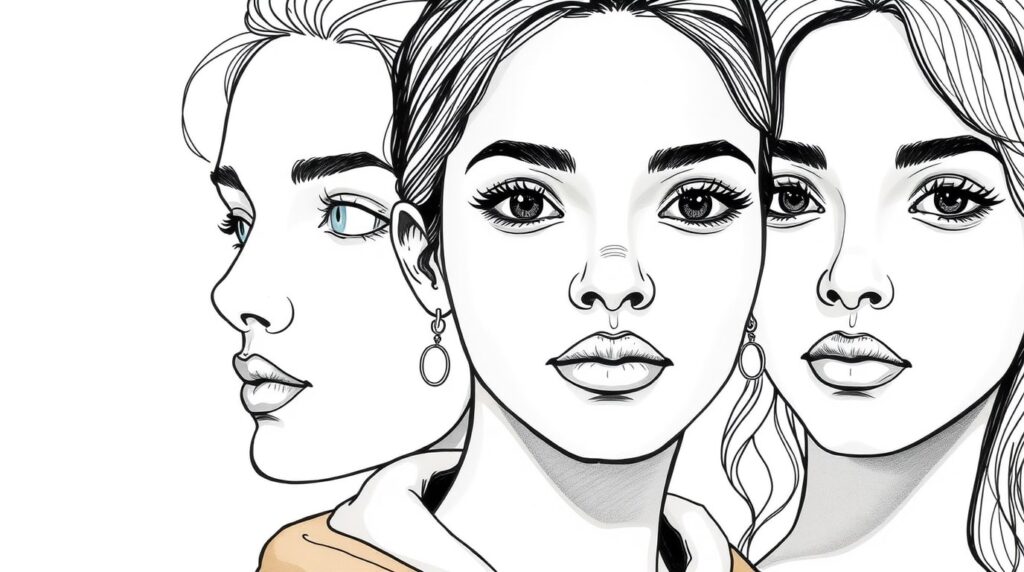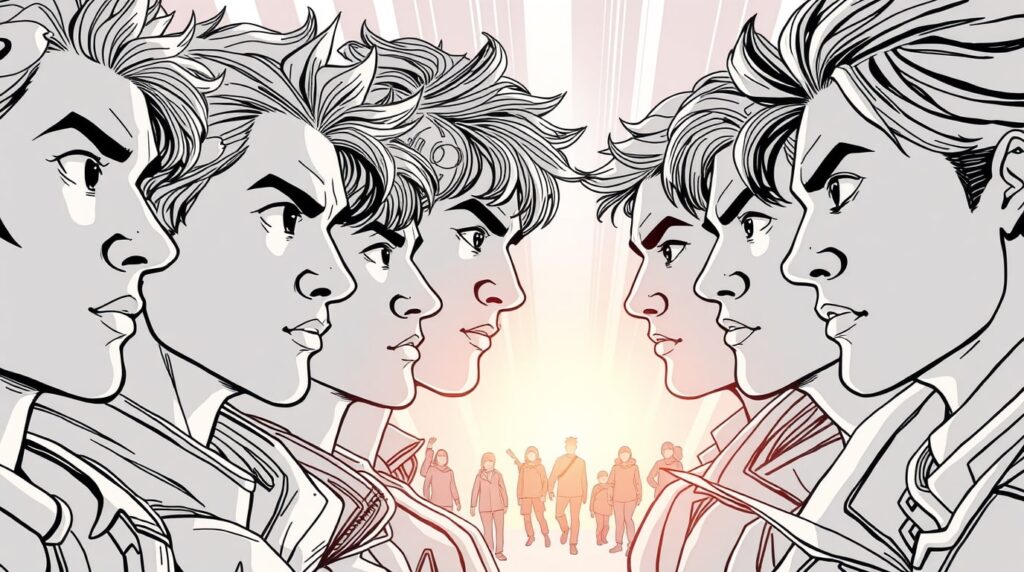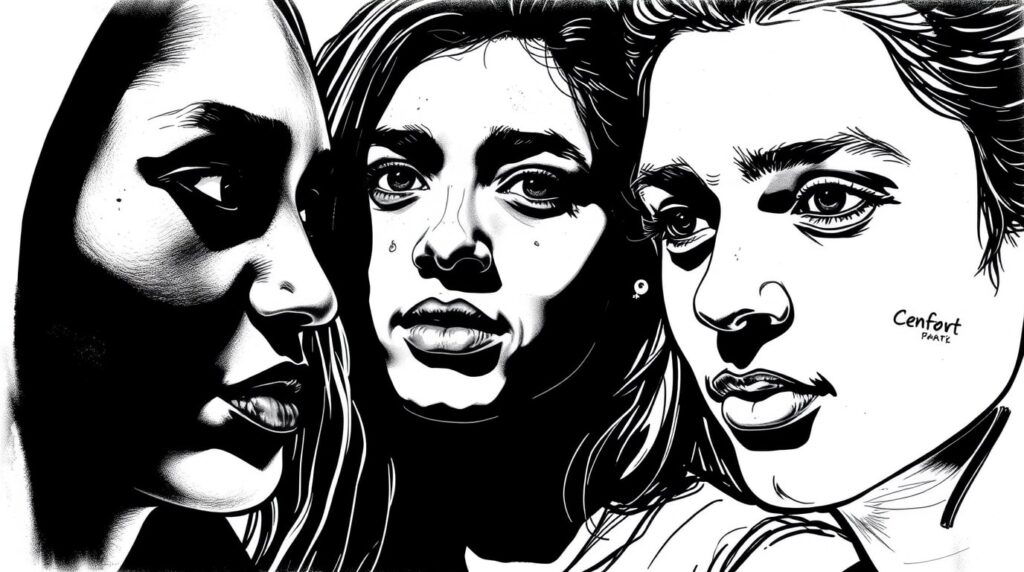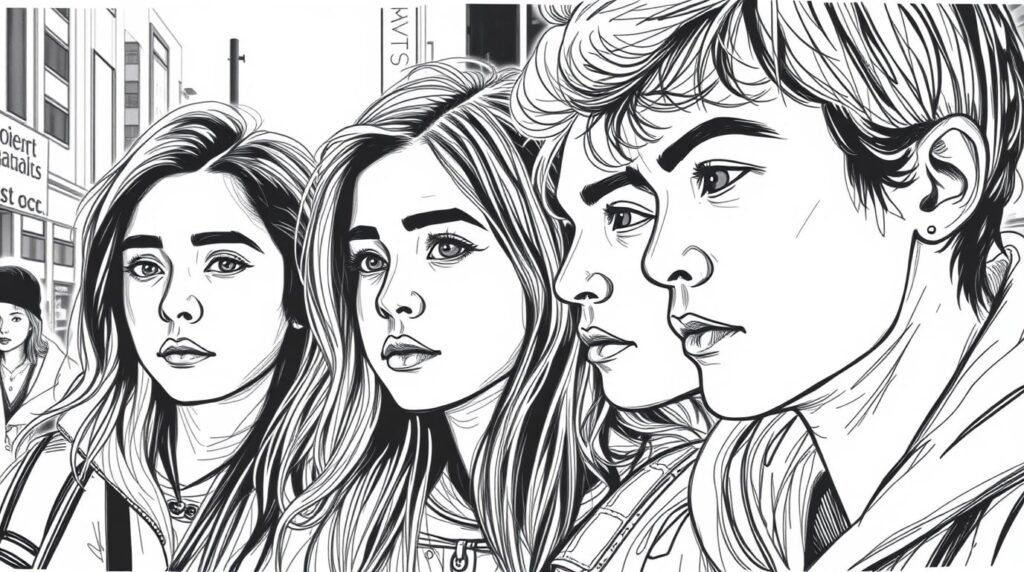Picture this: Malala Yousafzai, Nobel Prize winner, education advocate, and all-around queen of resilience, walks into a room full of policymakers. The crowd hushes, not because they’re scared, but because, let’s face it, when Malala talks about education, the world listens. What would she say to those holding the purse strings for schools? Would she break out into a TED Talk-level monologue or just whip out her smartphone to illustrate her point? Spoiler alert: probably both.
Let’s dive into the world of education policy through the lens of Malala’s brilliance and sprinkle in a dash of tech innovation, because let’s be real, what’s education without a little Wi-Fi?
1. Education Policy 101: “Why is Wi-Fi Still a Luxury?”
Malala might start by asking, “Why does your local coffee shop have better Wi-Fi than most schools?” And she’d be right! Education policy often overlooks the basics. Investing in high-speed internet for schools isn’t a luxury; it’s a necessity. How else are kids supposed to attend virtual field trips to the Louvre or dive into gamified learning apps like Duolingo?
If you’re a young adult reading this and thinking, “Wait, didn’t I learn more about dinosaurs from YouTube than from my 5th-grade textbook?”, you’re not alone. Imagine a world where students in underserved areas had access to smartboards, high-tech tablets, or even just a Chromebook. Malala might quip, “It’s 2024, not 2004. Let’s get it together.”
2. Technology as the Great Equalizer: Where’s the Funding?
Malala would definitely give policymakers the side-eye and ask, “Why do some kids get coding classes while others are stuck with broken microscopes from 1986?” And she’d have a point. Technology isn’t just a shiny object; it’s a way to level the playing field. Whether it’s AR/VR headsets for immersive history lessons or digital whiteboards that actually erase without smudging (we see you, smudgy chalkboards), the tools are there.
One of the biggest buzzwords in education right now is “STEM,” but Malala might counter with, “How about STEM for everyone?” After all, an education policy without funding for cutting-edge tech is like giving someone a fork for soup, it’s just not practical.
3. Breaking Down Barriers: Malala Meets ChatGPT
Imagine Malala debating education policy alongside… an AI chatbot. Crazy, right? But think about it: AI tools like ChatGPT (hello!) and Khan Academy’s AI tutor can bridge the gap for students who don’t have access to one-on-one tutoring. Malala might say, “Why not use tech to supplement where schools fall short?”
She’d probably laugh at the irony of policymakers investing more in sports stadiums than in platforms that could help kids ace calculus. But hey, priorities, right?
4. Homework Hacks and Digital Tools: Malala’s Must-Have List
For young adults juggling school, side hustles, and maybe a TikTok addiction (no judgment), Malala might drop some wisdom: “Work smarter, not harder.” Here’s a list of tech products she’d probably endorse for students:
- Noise-Cancelling Headphones: Because sometimes, you need to focus on your online class, not your sibling’s karaoke session.
- E-Readers: Kindle or Kobo? Doesn’t matter. What matters is carrying your entire library in your backpack.
- Smart Notebooks: The ones that let you write, scan, and reuse. Sustainability for the win!
- Study Apps: Think Quizlet for cramming or Forest to keep you off Instagram while you study. (Seriously, Forest grows virtual trees when you stay focused. Malala would approve.)
5. Education for All: Beyond Borders
Malala’s story reminds us that education policies shouldn’t stop at state lines. She’d challenge policymakers to think globally. What about students in remote areas? Or refugee children who need access to mobile learning centers?
“Education is a universal right,” she’d say, “so why are we acting like it’s exclusive content behind a paywall?” Whether it’s solar-powered laptops for off-grid villages or online universities accessible from anywhere, tech can make education borderless. And Malala would totally be here for it.
6. Lighthearted Policy Fixes (Because Why Not?)
And because Malala’s sense of humor is as sharp as her activism, she might suggest:
- Gamify Legislation: Lawmakers must play Minecraft Education Edition for 8 hours before voting on any education budget.
- Pop Quizzes for Politicians: If you can’t calculate the area of a triangle, you’re not allowed to cut school funding.
- Mandatory TikTok Challenges: Every funding proposal gets reviewed through an “education dance-off.” (Hey, if it gets clicks…)
Malala’s Mic-Drop Moment
In her signature eloquence, Malala would probably close with, “Education is not a privilege; it’s a right. And policies that deny this right are policies that deny humanity its potential.” Then she’d throw in a smile and maybe a joke about how even she struggles with bad Wi-Fi sometimes.
For young adults navigating this chaotic world, the takeaway is simple: push for policies that embrace tech, break down barriers, and make education fun, accessible, and equitable. Because if Malala believes in the power of education, who are we to argue?
